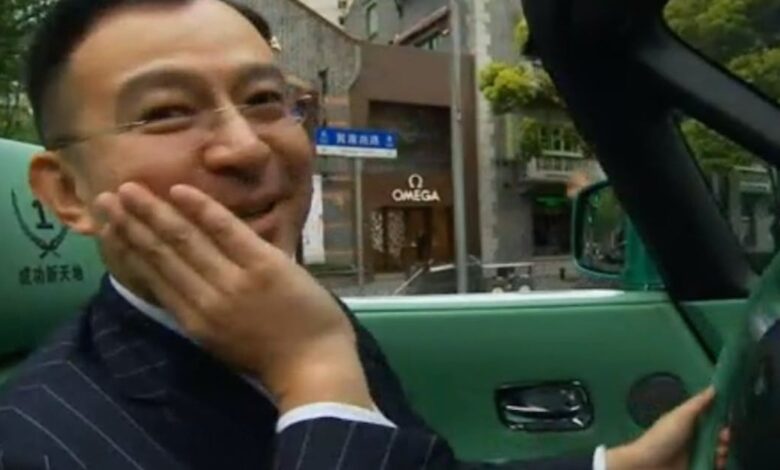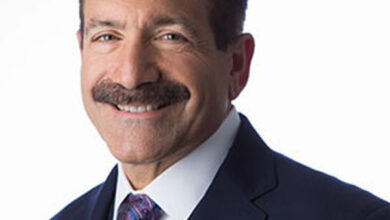Chen Anzhi: China’s Most Popular Motivational Speaker

The country had changed radically while he’d been in the United States—and, it turned out, was primed for his message. Between 1978 and 2012, average urban disposable income rose 71-fold. Onetime luxuries like TV sets have been replaced by a new vocabulary of status symbols, from Western suits to sports cars (both of which Chen collects). In 2010, China hit the milestone of one million millionaires. If billionaire entrepreneurs like Jack Ma (Alibaba) and Pony Ma (Tencent) personify the country’s post-1979 economic boom, Chen represents the other 1.2999999 billion Chinese people who see their achievements and think, “That could be me.”
But China’s boom has also fostered an unprecedented unease. The proverbial “iron rice bowl” of guaranteed wages has been replaced by the takeout boxed lunch of long-distance migrant work and overnight factory shutdowns. Urban real estate prices have climbed without mercy, snuffing out the twin dreams of buying a house and a car for most twenty- and thirtysomethings. Social mobility in China is even lower than in the United States. Yet there is a pervasive sense that anyone can make it, reinforced by the designer handbags on every arm, the iPhones in every pocket, the Audis idling in traffic. Would-be strivers under Mao could blame their poverty on a lack of opportunity, but the rise of the self-made man—“phoenix man” in Chinese—casts a shadow on everyone who has not struck gold. Chen has located this knot in the Chinese psyche and worked it. “There’s a method for success,” he likes to say, along with the corollary slogan, “There’s a reason for failure.”
When I met Chen at his sumptuous “tea house” in western Shanghai (membership: 50,000 yuan, or $8,028), I found him in a lavender-walled room, sitting at the end of a long wooden table flanked by business associates, including a Nestlé executive, a man introduced as the world’s top feng shui expert, and a coffee entrepreneur who I was told could make 19 flavors from one kind of bean and to whom Chen referred simply as “The Master.” On the table were glass jars full of a clear, Jell-O-like substance that turned out to be an edible bird’s nest. Each jar cost 1,500 yuan, or $240. “It’s good for your throat,” Chen said, spooning the jelly into his mouth. “Lots of fiber,” added the Nestlé exec. In the corner of the room, one of Chen’s disciples was demonstrating a medical device of his own creation called the “Quantum Resonance Magnetic Analyzer.”




